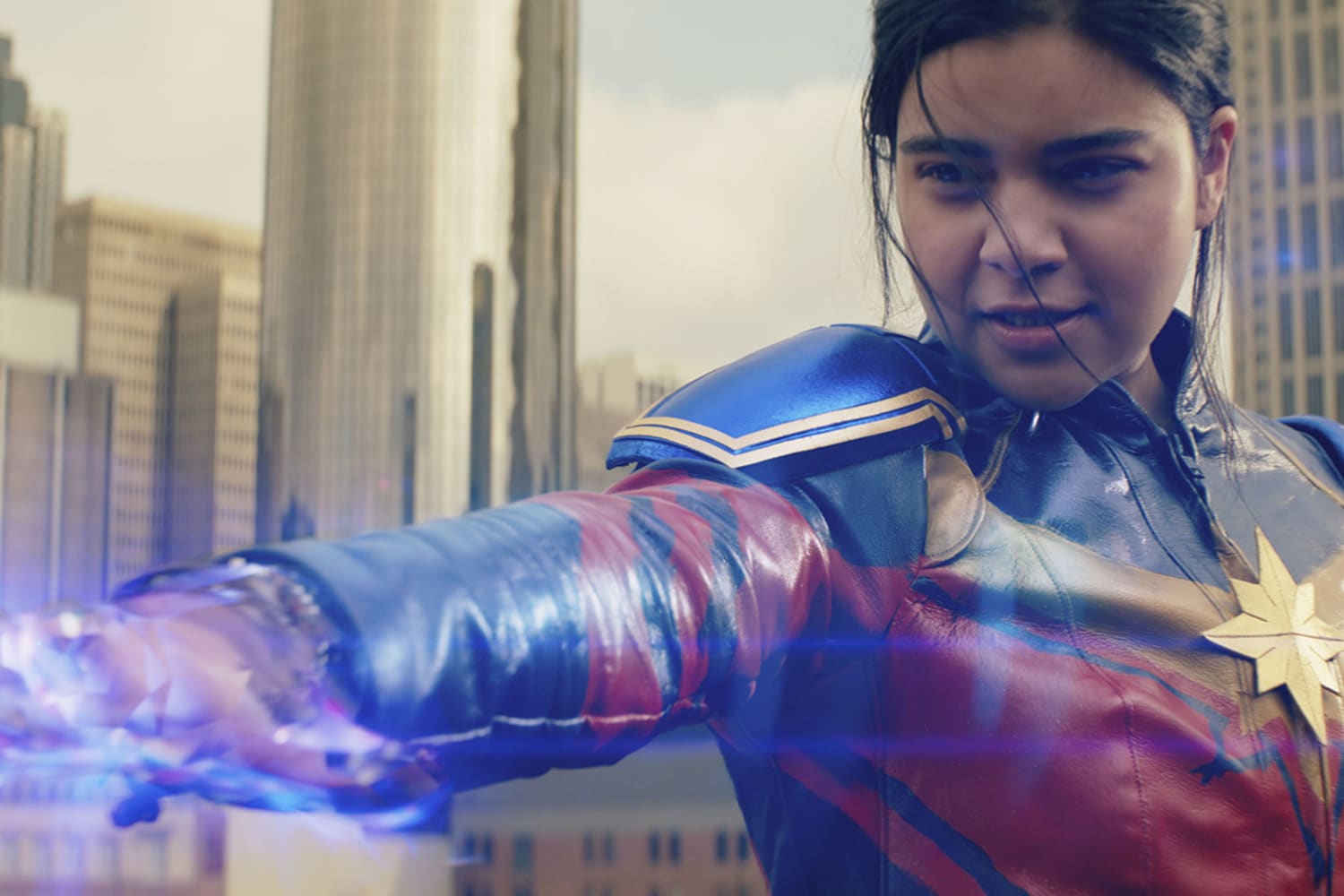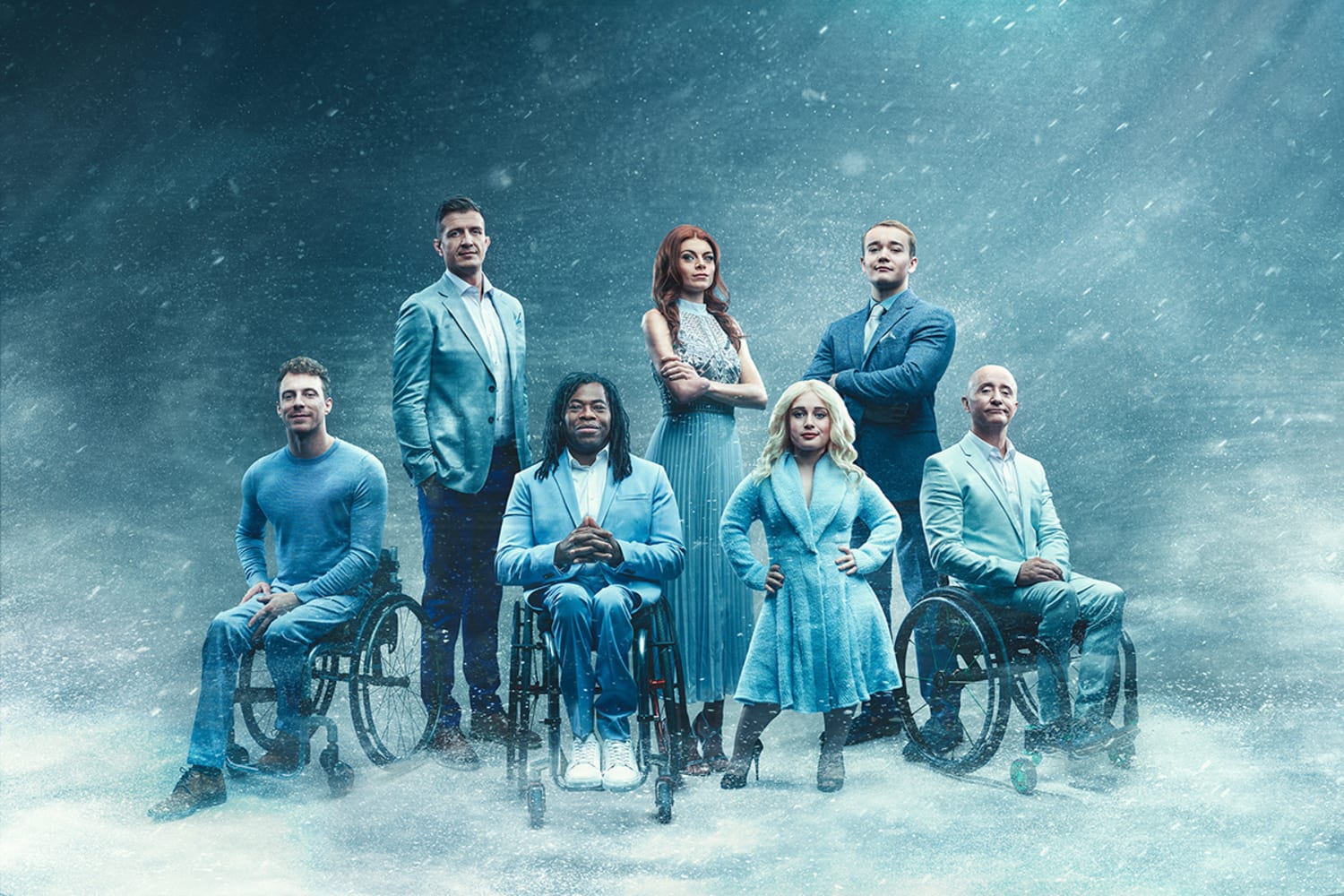Stories matter, along with who gets to tell them. They shape our reality and perceptions, influencing how we see ourselves, and how we see others. While progress is being made towards diversity both on screen and off, stubborn pockets of inequity remain.
Wunderman Thompson Data finds that people who are neurodiverse, or who have a disability or mental-health condition, are less likely to feel represented on screen. As for the industry, the “Hollywood Diversity Report 2022” finds that women and people of color are underrepresented among directors and in the writing room. The UK’s Diamond diversity monitor, which tracks representation in TV production, reports that disabled people are the most underrepresented group, followed by the over 50s and transgender people.
Representation can change opinions; the participation of a transgender woman, Linn Da Quebrada, in Big Brother Brasil 2022 provoked a national conversation on transphobia. Representation can also inspire resilience. Dr Jonathan Paul Higgins, also known as DoctorJonPaul, a writer and social justice educator focused on gender, race and media, tells Wunderman Thompson Intelligence that when they feel represented on screen “it really is a signal to me to keep going. And to let me know that the pain and the strife that I’m currently going through to find my voice in this industry will have a major payoff one day.”
Conversely, tokenistic or stereotyped representation is damaging, shrinking aspirations and even harming life outcomes. Writer Wajahat Ali explains: “At best, you’re a stereotype, a villain, or a sidekick, not a hero. That corresponds to your role in the country and how you’re treated. And so you self-police your dreams and your ambitions.”
Yet research proves that diverse content sells, all over the world: films with more diverse casting enjoyed higher global box office receipts in 2020, according to the “Hollywood Diversity Report 2021.”






